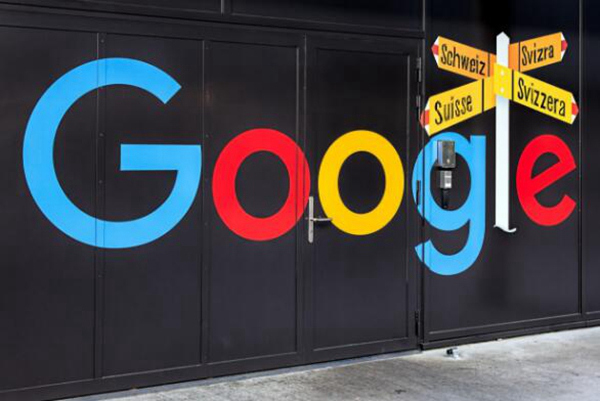Google to Sign EU AI Code of Conduct Amid Regulatory Debate
Google Commits to EU AI Code of Conduct
In a significant move for AI governance, Google has announced its intention to sign the European Union's General Artificial Intelligence Code of Conduct, a voluntary framework designed to guide developers in implementing compliant AI systems. This decision positions Google as an industry leader in regulatory cooperation, contrasting with Meta's recent refusal to participate.
The Regulatory Landscape
The EU's AI Act, set to take full effect by August 2026 with initial provisions starting August 2, 2025, establishes a risk-based regulatory framework for artificial intelligence. The legislation specifically targets providers of general AI models considered to pose "systemic risks," including major players like Anthropic, OpenAI, and now Google.

Industry Divisions Emerge
While Google moves toward compliance, Meta has taken a opposing stance. Earlier this month, the social media giant publicly declined to sign the code, criticizing the EU's approach as "overly interventionist" and misaligned with technological progress. This divergence highlights growing tensions between tech companies and regulators worldwide.
Google's Conditional Support
Kent Walker, Google's President of Global Affairs, expressed measured support in a corporate blog post: "While we believe the final code represents an improvement over initial proposals, we maintain concerns about certain provisions that could inadvertently slow European innovation." Walker specifically cited potential conflicts with existing copyright laws and bureaucratic delays as areas needing attention.
Compliance Requirements
By signing the code, Google commits to:
- Maintaining transparent documentation for AI tools
- Avoiding pirated training materials
- Honoring content owners' opt-out requests from datasets
The EU framework categorizes AI applications by risk level, banning "unacceptable risk" uses like social scoring systems while imposing strict requirements on "high-risk" applications including biometric identification and employment screening technologies.
Global Implications
As the first comprehensive AI legislation from a major economic bloc, the EU's actions are being closely watched worldwide. Analysts suggest Google's participation may pressure other holdouts while providing valuable compliance experience ahead of similar regulations expected in the U.S. and Asia.
Key Points:
- Google becomes first major tech firm to commit to EU AI Code of Conduct
- New regulations take effect August 2 for systemic-risk AI models
- Meta refuses participation, calling rules overly restrictive
- Requirements include documentation standards and copyright protections
- Full compliance with AI Act required within two years